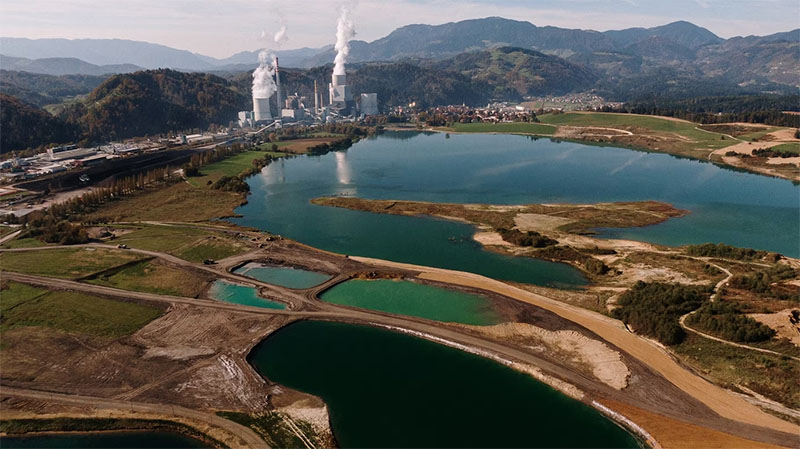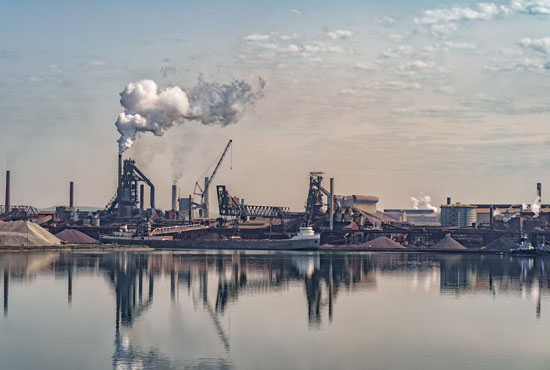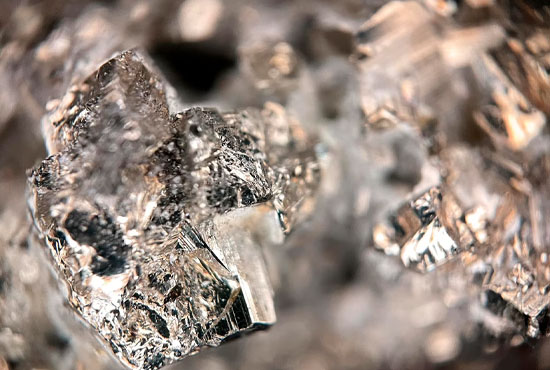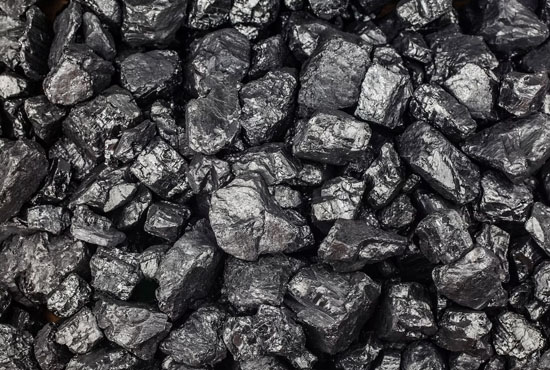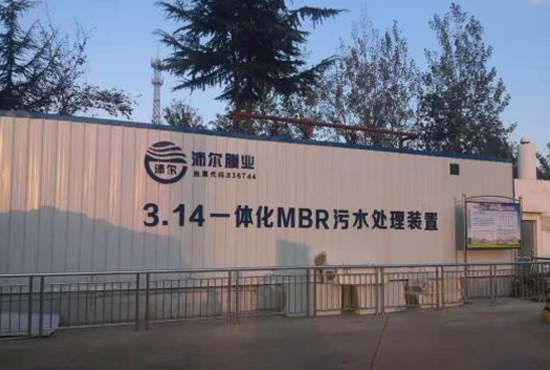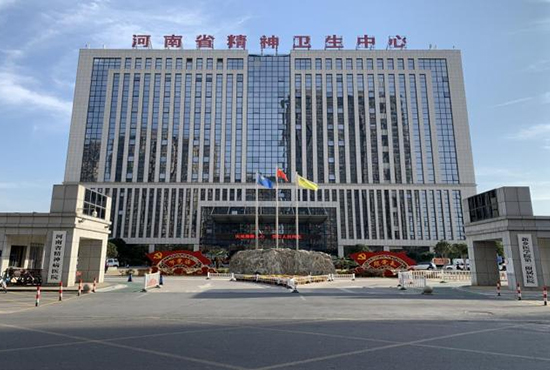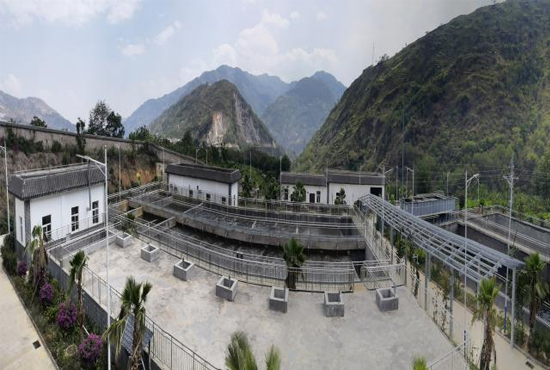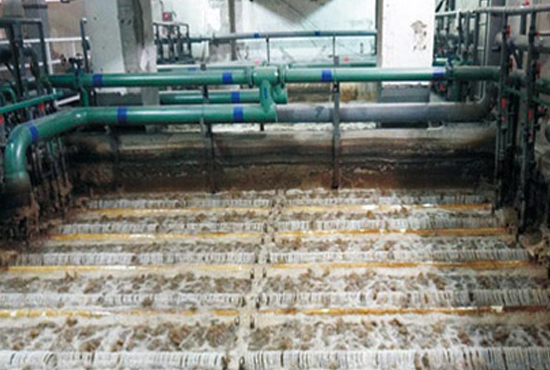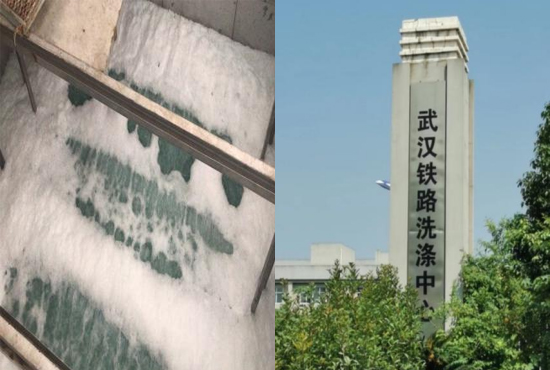Mining waste water treatment
Mining is a crucial industry that impacts our lives and the world in several ways like Economics, Infrastructure and Technology, Environmental Impact, Social Impact, Energy Production etc.
Therefore, while mining is fundamental to modern life and economic development, it’s crucial to address its environmental and social challenges to ensure its sustainability. Responsible mining practices, improved regulation, and technological innovations are needed to reduce the negative impacts of mining while maximizing its benefits.
